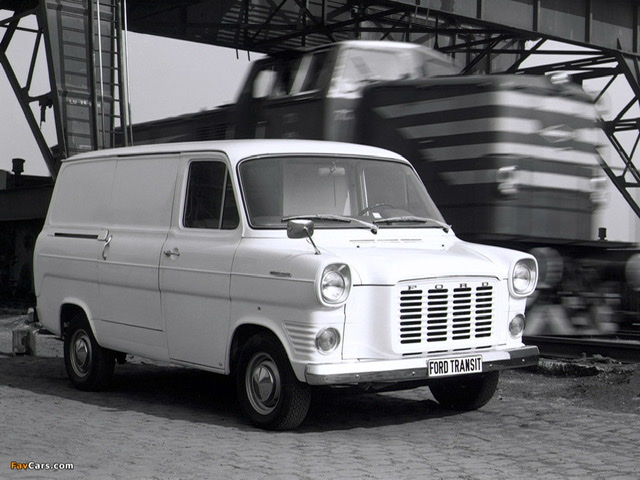eternumviti
Insufficient privileges to reply.
It’s amazing the Transit has been with us for over half a century now,

here’s a white example
They came in grey, with a white roof too, if I remember correctly.
I had great grand parents who were born around 1900 so too young for WW1 & too old for WW2. My grandad on fathers side lied about his age to join up in the navy for WW2, saw some terrible things but lived a good life until he was 95. He ran his own business for many years, served as a magistrate & councillor. In the end he received the Legion D’honour from France for his time in the navy, a great man who I miss daily.
Compared to him I’ve done bugger all.
I think most if us feel like that. We were, on the whole, the lucky generation.

